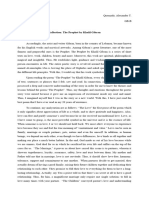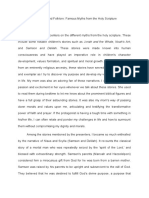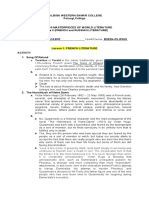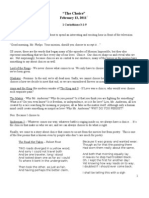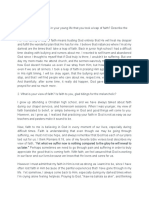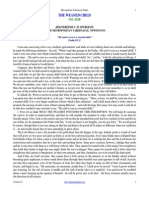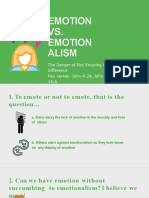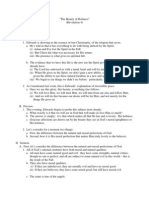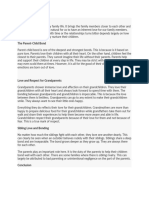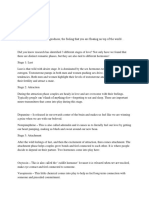0% found this document useful (0 votes)
46 views3 pagesLiteratures
The document discusses literature from different regions including Asia, Japan, India, Africa, and Hebrew literature. It provides examples and summaries of works like Savitri from India, Unending Love by Rabindranath Tagore, The Search for Everlasting Life from Africa, and The Prodigal Son and Psalm 91 from Hebrew literature. The literature explores themes of love, hardship, faith, and life's lessons.
Uploaded by
killuhmaylucianoCopyright
© © All Rights Reserved
We take content rights seriously. If you suspect this is your content, claim it here.
Available Formats
Download as DOCX, PDF, TXT or read online on Scribd
0% found this document useful (0 votes)
46 views3 pagesLiteratures
The document discusses literature from different regions including Asia, Japan, India, Africa, and Hebrew literature. It provides examples and summaries of works like Savitri from India, Unending Love by Rabindranath Tagore, The Search for Everlasting Life from Africa, and The Prodigal Son and Psalm 91 from Hebrew literature. The literature explores themes of love, hardship, faith, and life's lessons.
Uploaded by
killuhmaylucianoCopyright
© © All Rights Reserved
We take content rights seriously. If you suspect this is your content, claim it here.
Available Formats
Download as DOCX, PDF, TXT or read online on Scribd
/ 3
